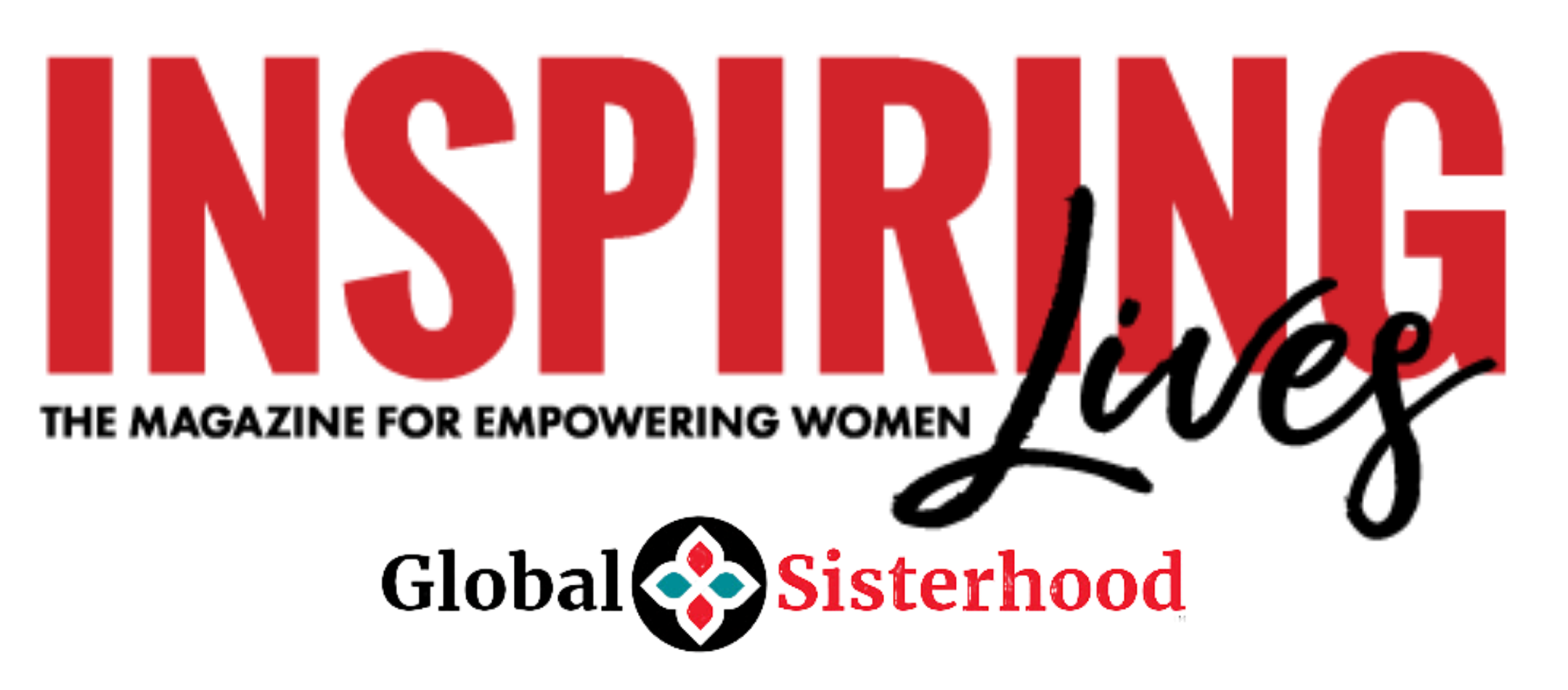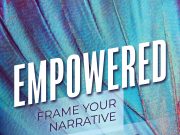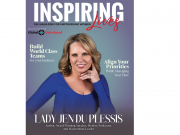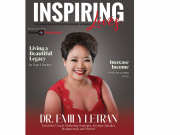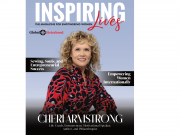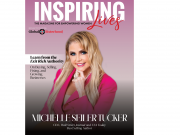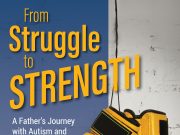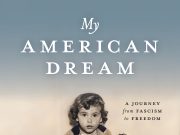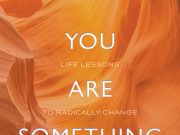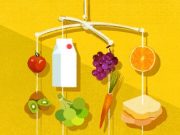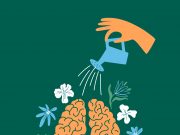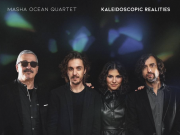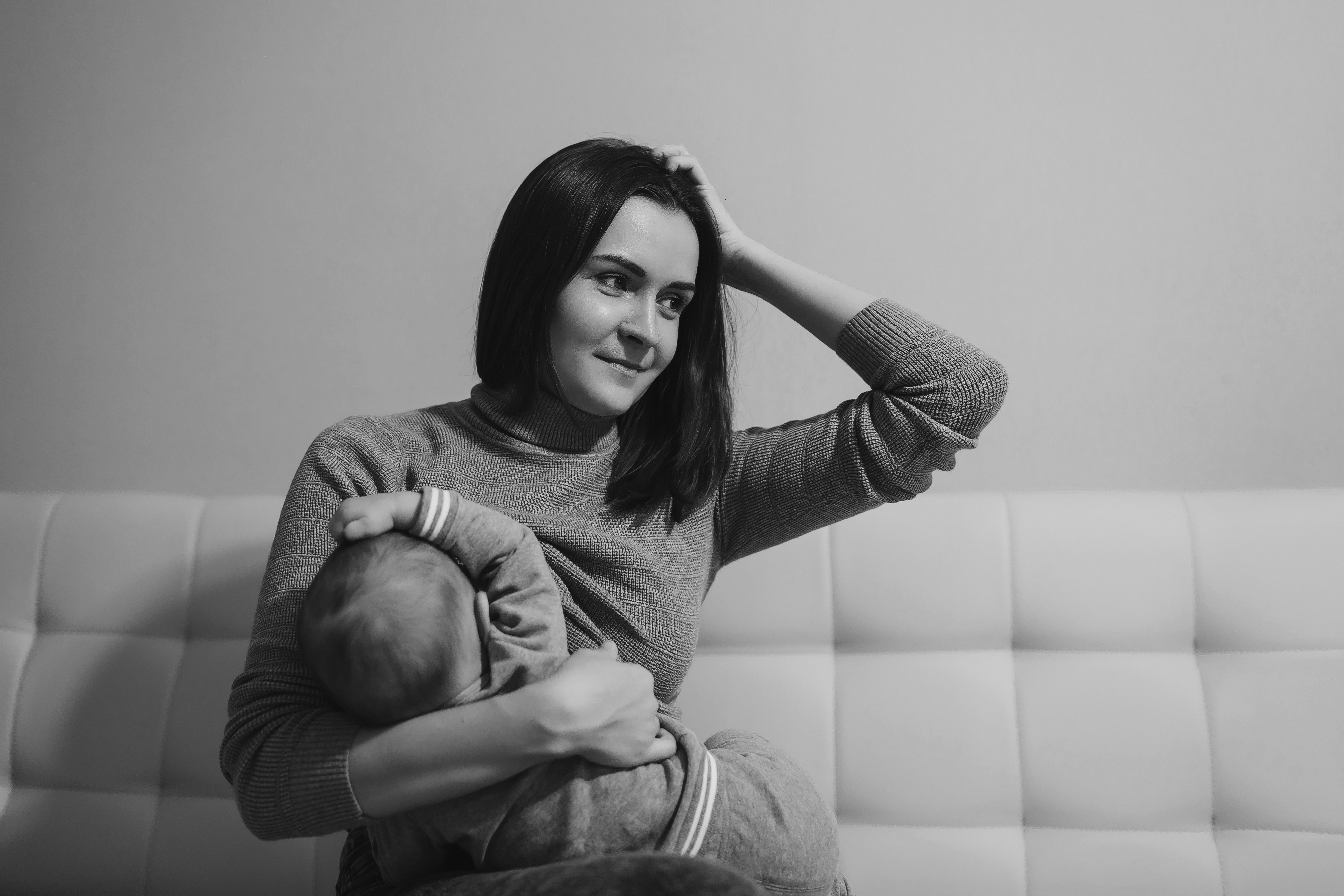By Dr. Monica Filippone Sechrist
I’m a little bit worried that having a baby will be like reading Harry Potter. Everyone said I would love it, but I couldn’t get past the first chapter of the first book. It just wasn’t interesting to me, and I just didn’t care. Is it possible that parenthood would be the same way for me? Most people have children, so what will it mean if I do not?
Back in high school, whenever future children entered our conversations, my friend and I would jokingly rebuke parenthood. We’d complain about children with contrived, premature weariness: “but you have to feed them and water them!” as if we couldn’t be bothered to martyr ourselves with motherhood.
We also assumed we’d do it.
I’m now in my late thirties and married, and most of my friends have children. I’m excited for them when they tell me they are expecting, and I buy baby gifts for them with genuine joy. Although I’m not envious, I wonder if I might later regret missing out on parenthood. I don’t feel like something is missing in my life; however, if I decide to remain childless, I’ll need to figure out how to be at peace with my decision and tackle some internal conflicts I have about parenthood.
Although being a good parent is a selfless job, I don’t think it is for selfless reasons that people try to conceive, and I don’t think it’s selfish to remain childfree. The decision to become a parent is motivated largely by people’s own needs, much like attempting to change careers or embarking on a new adventure of any kind. In the book Selfish, Shallow, and Self-Absorbed: Sixteen Writers on the Decision Not to Have Kids, Tim Kreider writes that having children, like any other pursuit, is often driven by the need for meaning: “By not having progeny we are depriving ourselves of the illusion of continuity, and have to invest in ourselves more deeply in other, more austere illusions: that our lives matter for their own sakes, or that we’ll secure a kind of immortality through art or ideas or acts of decency, by teaching or helping others or changing the world.” Having a child is merely one option on the menu of meaning-making and fulfillment in our lives.
People who are not parents do pursue other important endeavors. Therefore, I don’t enjoy the comments that people with children have sometimes made to me. There’s the condescending “What did I even do before I had children!” Martyred: “You can sleep in!” And clairvoyant: “Just wait until you have children.” While offended at first, I realize that these comments have probably been made in the spirit of exhaustion, self-pity, or momentary jealousy of the child-free. Perhaps some parents occasionally question their choice to become a parent, just as non-parents question their choice to abstain—although it’s not always socially acceptable to admit.
For years, I’ve been beating myself up over my indecisiveness about parenthood, and if I want to like myself, offspring or no offspring, I’ll need to stop. Larger than the regret I might feel in the future over not having a child is the guilt and self-judgement that daily drain my energy.
My current unhappiness and struggle with whether to become a parent will largely depend on rejecting the externally and internally imposed stereotypes about the two different women I could be: if I have a child, I’m loving and self-sacrificing, and if I don’t, I’m cold and selfish, missing a vital motherly gene so many others seem to possess. At their extremes, one of these women is a self-sacrificing saint and the other is a cardboard facsimile of a true female. I don’t want to be either one of these women, and I don’t have to be. I’m in the process of creating an identity that doesn’t require me to view myself as either one, and I’m going to give myself permission to worry less about how others view me and focus on what I think I truly want.
Author Cheryl Strayed has a helpful perspective on the tough choice. In Tiny Beautiful Things: Advice on Life and Love from Dear Sugar, she points out that despite the choice we make about having children, there will always be a “sister life”—the life you didn’t choose. There will always be things you might have done, had you not had children. However, she adds that there will also be things you will have done because you had children. She writes, “We’ll only know that whatever that sister life was, it was important and beautiful and not ours. It was a ghost ship that didn’t carry us. There’s nothing to do but salute it from the shore.”
We need to support each other’s decisions and put aside our own prejudices, bitterness, and insecurities about the lives we aren’t choosing. Whichever choice we make, our lives can still be meaningful, with plenty of opportunities for us to grow in directions we never imagined possible. I think this is easier to believe once we shed stigmas and leave the female archetypes on the pages of literary epics. Our judgements of others are often based on ignorance. In real life, women can be many things at once, and as life changes, we can change and develop with it. There are many paths to meaning-making, and all of them can be beautiful, like the women who choose them. I plan to make a decision, be shaped by that experience, with or without children, and bypass regret on the way to my future. I hope you will do the same.
Note: While Dr. Monica Filippone Sechrist still wholeheartedly believes in parenting being an individual’s choice, she and her husband welcomed baby girl Nina Sofia to the world before this publication.
